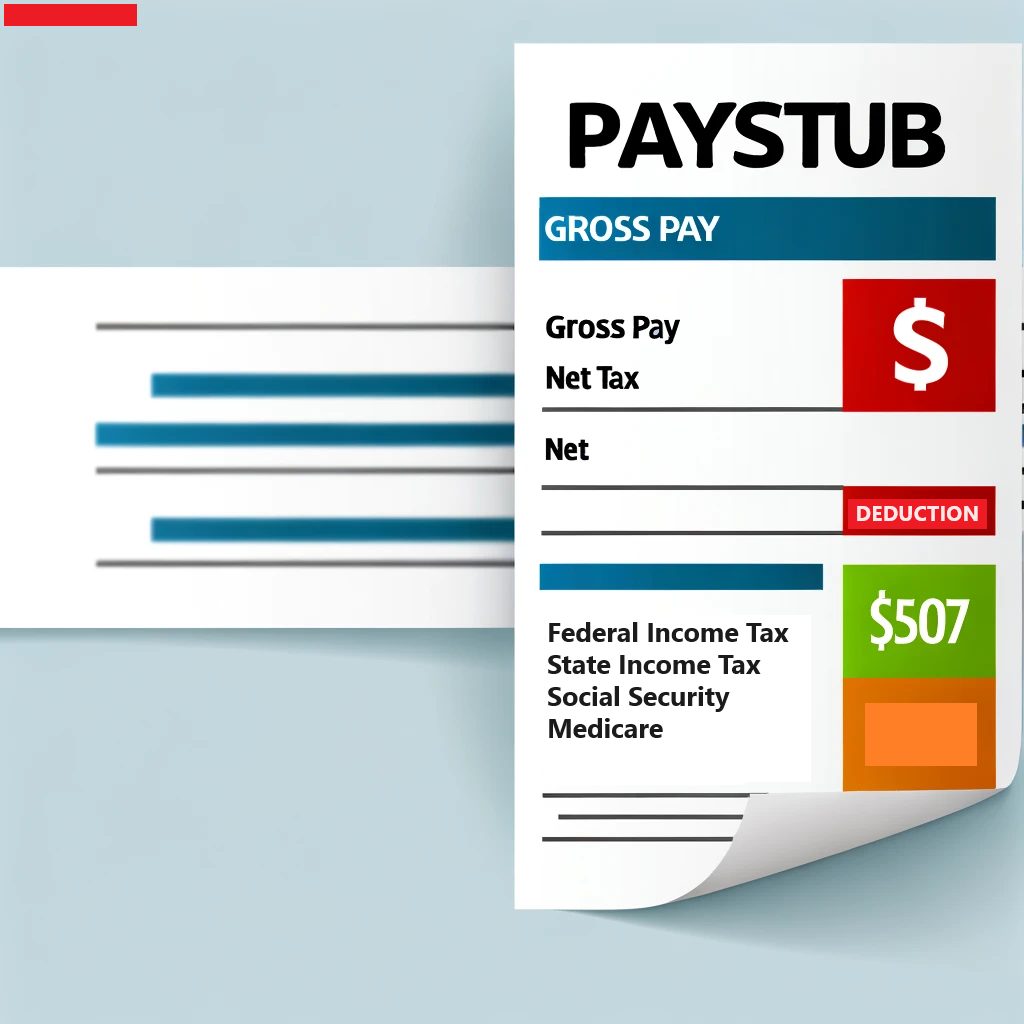Understanding the Tax Implications of Bonuses
Receiving a bonus from your employer is not just a sign of recognition for your hard work; it’s also a boost to your income that can have various tax implications. Unlike regular wages, bonuses are taxed under specific rules that you should be aware of to manage your finances effectively. Here, we demystify how bonuses are taxed and offer insights on managing your tax obligations more efficiently.
Key Insights on Bonus Taxation
When it comes to bonuses, the IRS allows employers two primary methods of tax withholding:
- Flat Rate Taxation: Your employer might withhold taxes from your bonus at a flat rate of 22%. This method is straightforward and applies regardless of your overall income level, up to bonuses of $1 million. For bonuses exceeding this amount, the rate jumps to 37%.
- Aggregate Method: Alternatively, your bonus could be added to your regular pay, with taxes withheld based on the total amount. This method can lead to variations in withholding amounts, influenced by your income bracket.
State taxes may also apply, depending on your residence, potentially affecting your net bonus. Consulting with a tax professional can provide personalized strategies to minimize your tax liability on bonuses.
Supplemental Wages Explained
Bonuses fall under the category of “supplemental wages,” which also includes overtime, commissions, and other non-regular pay types. The distinct tax withholding rules for supplemental wages underscore the importance of understanding these regulations to anticipate how much of your bonus you’ll retain after taxes.
Tax Withholding on Bonuses: A Closer Look
- Percentage Method: This straightforward approach involves a flat 22% federal tax withholding by your employer for bonuses. It simplifies the calculation but might not align perfectly with your actual tax rate, potentially leading to discrepancies in your year-end tax obligations.
- Aggregate Method: A more complex calculation that combines your bonus with regular wages, potentially leading to a more accurate withholding aligned with your tax bracket. However, it requires careful consideration of your total income and tax bracket.
Optimizing Your Tax Situation
Despite the IRS’s claim on a portion of your bonus, strategies exist to lower your tax burden:
- Investing in Tax-Advantaged Accounts: Contributions to accounts like 401(k)s, IRAs, or HSAs can reduce your taxable income and potentially lower your tax rate.
- Bonus Deferral: Discuss with your employer the possibility of deferring your bonus to the next tax year, a strategy that might benefit you if you expect a lower income in the future.
- Itemizing Deductions: If your bonus enables you to increase deductible expenses, itemizing deductions might offer more tax savings than the standard deduction.
Making the Most of Your Bonus
Understanding the tax implications of your bonus is crucial for effective tax planning. Still have questions? Send us your paystub; we’re here to help!




